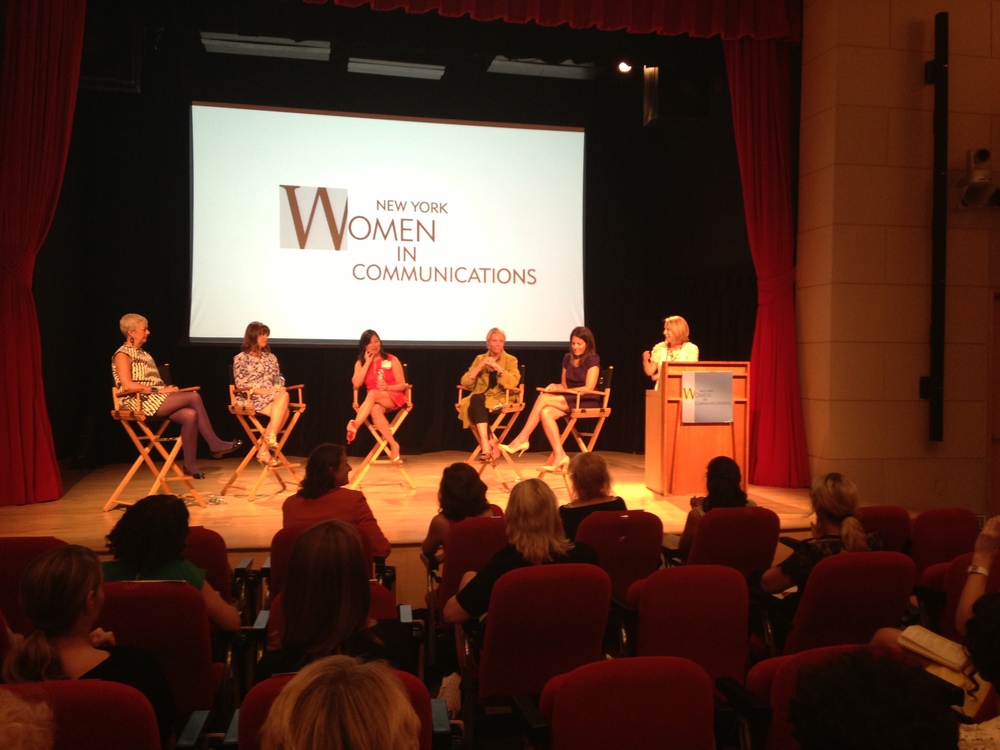When women work for free
/October 4, 2013

This piece by Tess Vigeland, 'Me, Work for Free at This Point in My Career?' really hit home when I read it the other day. Career changers or those experimenting with an additional line of work are usually expected to do a lot of work for nothing, either to prove themselves or to 'build their brand', as Tess discusses in her piece. As she says part-way through:
"I haven’t even addressed the gender behavior issues that are most certainly at play here. Without placing all blame on my womanhood, dozens of studies have shown that females are, generally speaking, terrible at asking for what they want in the working world — in my case, to get paid fairly for my services."
She is spot on. Many women have real trouble valuing themselves (genuinely thinking of themselves as having any value in the world, for one, and then putting a monetary value on their services), and a few days before reading Tess's piece I was much struck by this one on Forbes, written by Adrienne Graham, 'No, You Can't Pick my Brain. It Costs Too Much.' Graham points out that women tend to have trouble saying no and turning people down, thus they end up having a lot of coffees and phone calls with acquaintances and strangers who want to tap some of their expertise - expertise they might otherwise be charging for. This is something Financial Times columnist Mrs. Moneypenny addresses in the latest episode of my show - she has come up with a way of turning down these requests in a firm but graceful way. Women - to generalize - enjoying helping other people. It's one of the things I remember really liking about the job when I was an executive assistant. But our desire to help others can often lead us to sacrifice something we need for ourselves - like money.
I'm curious to know the extent to which men say yes to these kinds of 'pick your brain' coffee meetings, and how much work career-changing men consent to do for nothing. I'd be willing to bet they're a lot more protective of their time and earnings than women are. But say you are in the kind of situation Tess is in, or I'm in as I try to get the word out about The Broad Experience - when does it make sense to work for nothing and when doesn't it? This topic arose on a conference call I was on this morning with three other entrepreneurial women. The concensus seemed to be that you had to weigh up not just the money side of things, but how much personal pleasure/fulfillment you get out of whatever it is you're doing for nothing, and how that feeds into everything else. But where does a pleasant, sharing-your-knowledge type of interaction end and exploitation begin? At what point do you become cynical about the karma and goodwill you're assured will result from your actions? (In my case, frankly, probably far too early. I am British after all. ) I'd love to get comments below from anyone who's been in this situation and has views on where to draw the line. What has worked, and what hasn't? Has pulling back from a 'free' situation ultimately led to actual paid work? The Broad Experience wants to know.


